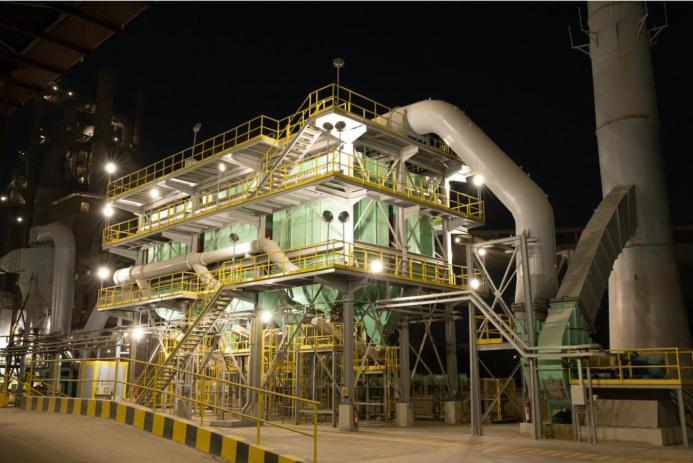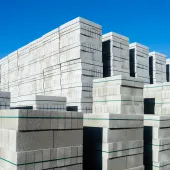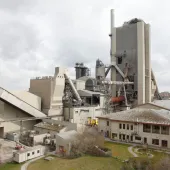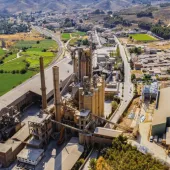Cemex Egypt invests in decarbonisation technology
Cemex Egypt has installed new decarbonisation equipment at its Assiut cement plant, aiming to significantly reduce the plant’s carbon emissions. The technology, developed by local engineers, is part of the company’s global Future in Action strategy, which focuses on reducing CO2 emissions and increasing the use of alternative fuels.
The new system works by converting waste into energy, using heat from the existing processes, alongside a high-efficiency separator and changes to the calciner process. These improvements reduce carbon emissions by about 32kg of CO2 per tonne of cement, cutting a total of 290,000 tonnes of CO2 annually – the equivalent of removing around 69,000 petrol-powered cars from the roads each year.
In addition, Cemex Egypt uses 500,000 tonnes of municipal waste every year to power the Assiut plant, an amount of waste that would be produced by a city with 1.3 million people. This high rate of alternative fuel use has made Cemex the leading cement producer in Egypt for fuel substitution.
Yago Castro, president of Cemex Egypt & UAE, said: “The new decarbonisation equipment demonstrates our ongoing commitment to sustainability. We aim to lead climate action in the cement industry, and this is another step towards a more sustainable future for both our communities and the planet.”
Cemex’s "Future in Action" strategy, launched in 2020, sets out the company’s goals for reducing CO2 emissions and achieving carbon neutrality. By 2030, the company aims to:
- Lower CO2 emissions to below 430kg per tonne of cement, a 47% reduction from 1990 levels.
- Reduce the carbon content of concrete by 41% to 150kg per cubic metre.
- Use 65% clean electricity across operations.
- Cut Scope 3 transport emissions by 30%.- Ensure that 50% or more of cement and concrete sales come from its Vertua low-carbon products by 2025.
Cemex is known for its focus on sustainable construction and its leadership in the circular economy, using waste as alternative materials and fuels in its production processes. The company's R&D efforts are supported by its research centres in Switzerland, ensuring that Cemex continues to innovate and lead the industry in reducing environmental impacts.







